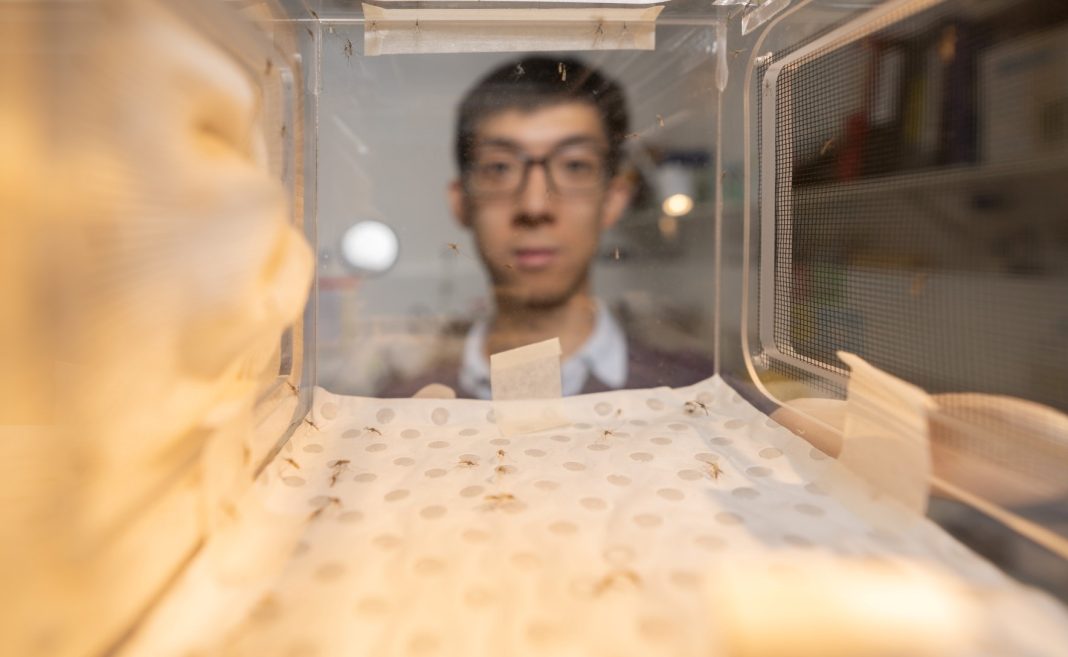A group of immune system cells, known as Atypical B cells (ABCs), can fight infectious diseases such as malaria, researchers from the Australian National University (ANU) have discovered.
They say their discovery brings scientists a step closer to harnessing the body’s natural defences to combat malaria, and could lead to new treatments for chronic autoimmune conditions such as lupus, which can be life-threatening in severe cases.
“In this study, we wanted to understand the mechanisms that drive the creation of ABCs in the immune system, but also find out whether these cells are good or bad for us when it comes to fighting infection,” lead author Dr Xin (Andy) Gao, from the ANU Division of Immunology and Infectious Diseases, said.
The ANU Division of Immunology and Infectious Diseases is at the forefront of major scientific breakthroughs in the fight against malaria, the ANU states.
“Although ABCs are known to contribute to chronic inflammatory diseases and autoimmunity, we’ve discovered a previously unknown ability of these cells to fight disease,” Dr Gao said. “In this sense, ABCs are like a double-edged sword.
“Contrary to past belief, ABCs are not junk cells; they are more important than we thought.”
ABCs are instrumental in developing T follicular helper cells, which generate powerful antibodies that help the body fight malaria parasites, the researchers found.
“Antibodies can block parasites in the blood as they travel from the site of the infectious mosquito bite to the liver, where the infection is first established,” Dr Gao said.
According to the researchers, malaria patients have more ABCs in their system compared to the general population.
In 2022, malaria killed more than 600,000 people worldwide. Although the disease is preventable and curable, scientists face an uphill battle to find long-lasting treatments, as malaria parasites build resistance to therapies.
The researchers discovered that manipulating a gene called Zeb2 disrupts the creation of ABCs in the immune system of mice, study co-author Professor Ian Cockburn, also from ANU, said. Mice without the Zeb2 gene cannot control malaria infection.
“By developing a better understanding of the role of ABCs in the immune system and the cells’ role in fighting disease, it could bring us a step closer to one day developing new and more effective therapies,” Professor Cockburn said.


